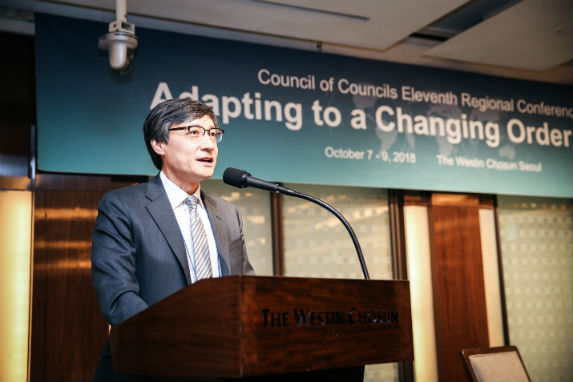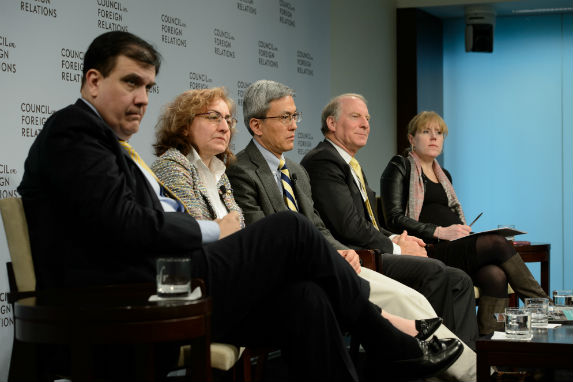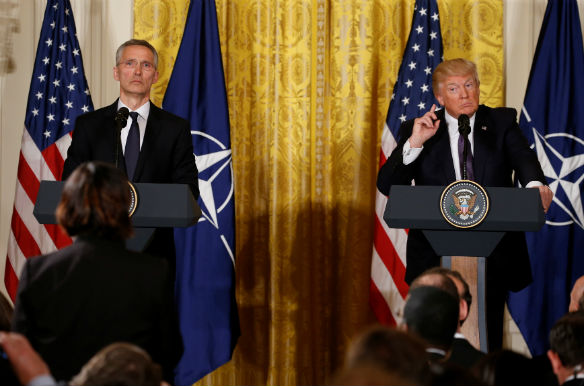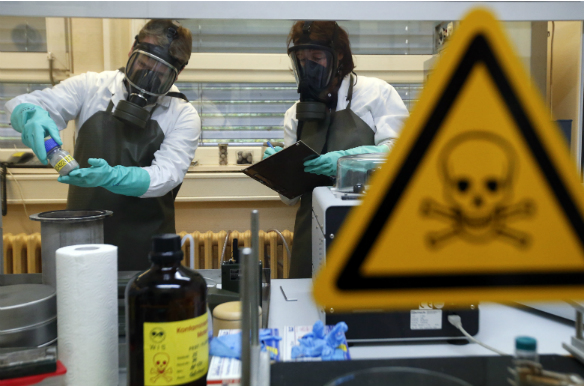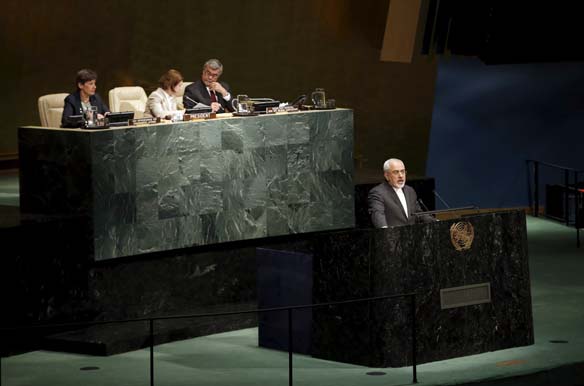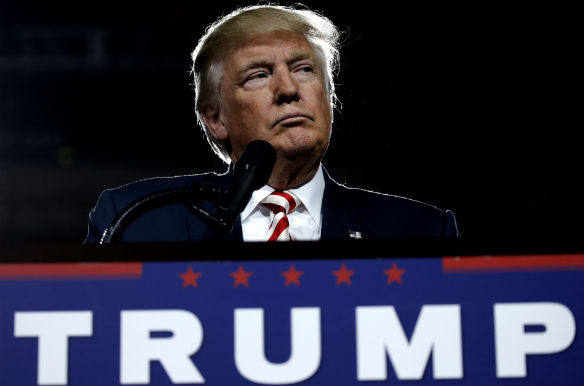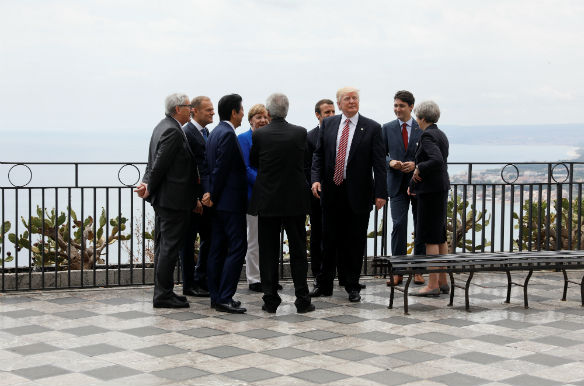North Korea Missile Test Exposes How Trump Has Overplayed His Hand
This argues President Trump has overplayed his hand too publicly and too loudly over North Korea. By bringing Alaska within range of Pyongyang’s weapons, Washington urgently needs a long-term, sustained and calibrated strategy for dealing with the North.

